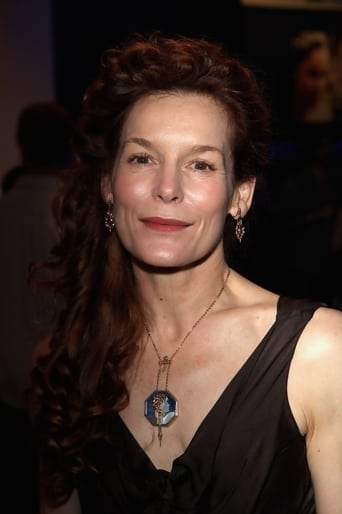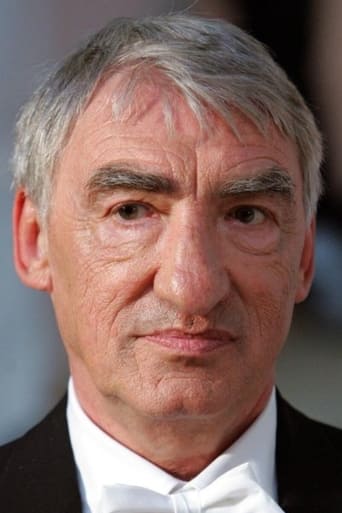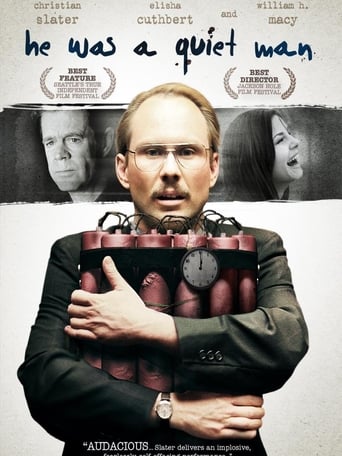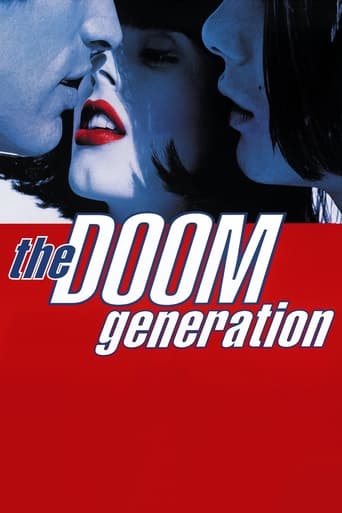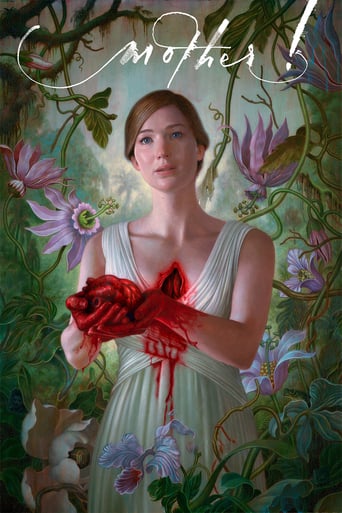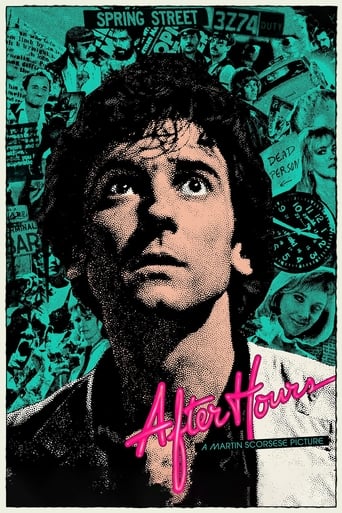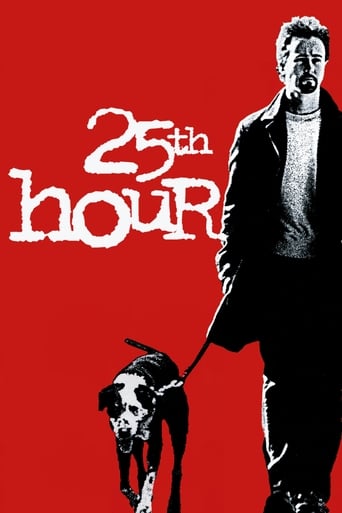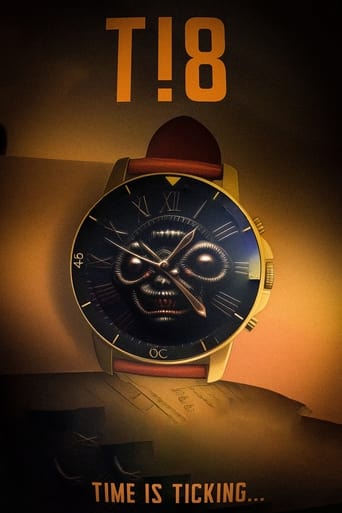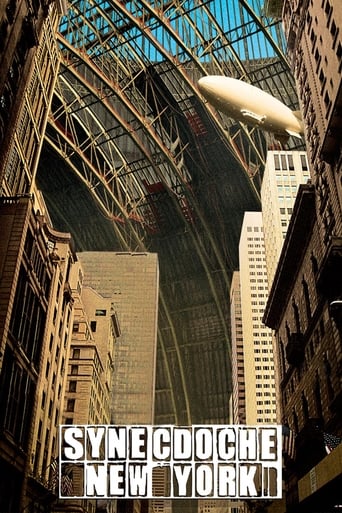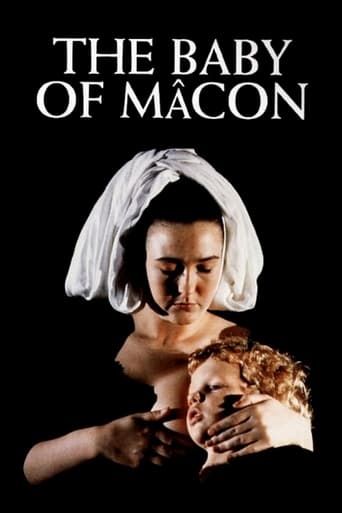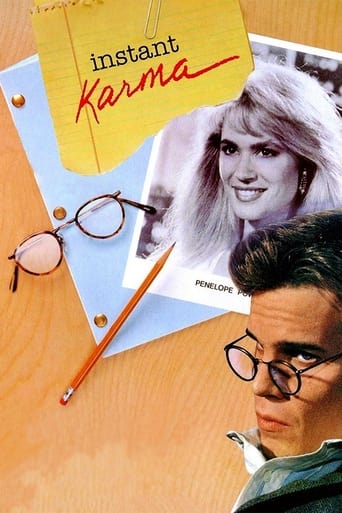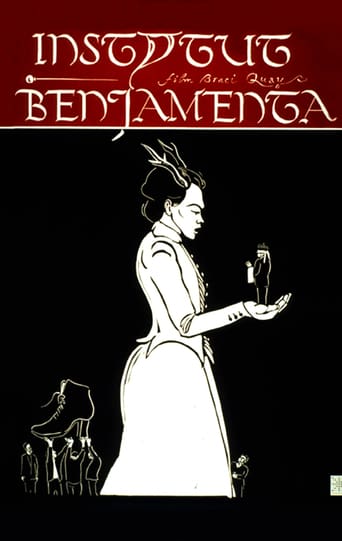
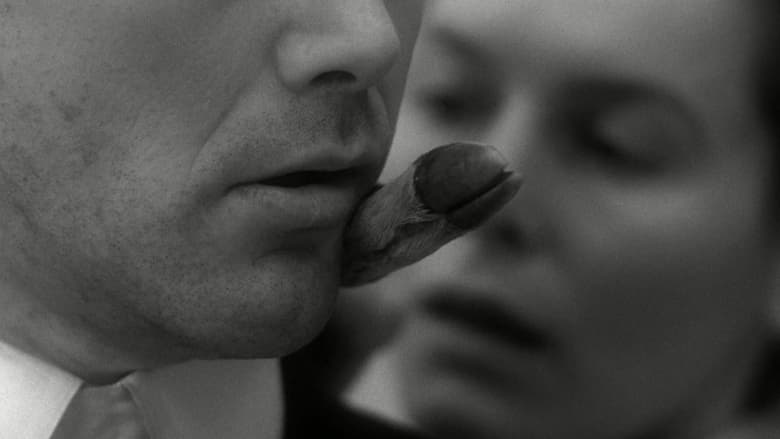
Institute Benjamenta, or This Dream People Call Human Life (1995)
Jakob arrives at the Institute Benjamenta (run by brother and sister Johannes and Lisa Benjamenta) to learn to become a servant. With seven other men, he studies under Lisa: absurd lessons of movement, drawing circles, and servility. He asks for a better room. No other students arrive and none leave for employment. Johannes is unhappy, imperious, and detached from the school's operation. Lisa is beautiful, at first tightly controlled, then on the verge of breakdown. There's a whiff of incest. Jakob is drawn to Lisa, and perhaps she to him. As winter sets in, she becomes catatonic. Things get worse; Johannes notes that all this has happened since Jakob came. Is there any cause and effect?
Watch Trailer
Cast


Similar titles
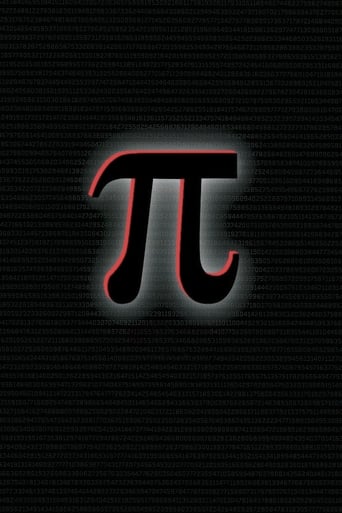
Reviews
It is fairly rare that moving pictures are made with real artistic value in mind and even more rare when the endeavor pays off. Well, The Quay brothers' Institute Benjamenta is one such picture. At first sight it might appear a little too pretentious with an abounding array of hidden symbolism of a strange and antique meaning but then again, the basic thread of the picture is as old as humanity itself, pointing back to the ancestral roots of what makes us human: to love and to loose. It is remarkable the technique and the rendering of the camera in the Quay brothers' masterpiece. You cannot but help wondering if the images themselves are not centuries old and, in a sense, that is exactly the aim of the picture, to make itself look old and timeless, at the same time. I urge anyone who is really looking for that special feeling films give us, far from commercialism and hollywoodia, to see this movie. Sure, most of you will find it a little bit hard to watch but if you give it patience and let the mood of the picture fill you from within your imagination then I think this will be a rewarding cinematic experience.
Film is a constant war between the forces of narrative. On one side are the forces of personality: we simply like to think in terms of characters in situations. Few things are as rich as the human face, and nothing as compelling as curiosity about people. But this is something that transcends film. In fact it is so common that film leverage of this narrative compulsion must be slight. These kinds of films, even the ones that capture me, aren't really films. They are illustrated books or recorded plays.On the other side, we have an emerging visual grammar, one that speaks more directly to the imagination through that part of the brain that comprehends without reasoning. This is where great films are grounded, in mining and extending this grammar. Cheap films exploit the old form; art invents.The Quays were solidly in the second category. Their short 'Are We Still Married' is on my list of best films of all time. In their work prior to this (not counting music videos), they eschewed personality, even excoriated it. The films were densely visual with the narrative completely imbued in a diffuse visual environment. Pretty good stuff, plus puzzling and often disturbing. Now they cross the line. Now they enter the world of theater with real people, a linear story, sex as normally read. Sure, the environment is 'dark,' and the staging is highly stylized. But the characters are pretty familiar, even to the point that we get swept up in the erotic tragedy.This is still worth watching because of the camera eye and the animated lighting. (Oh, that hidden implication of a shifting animator behind the scenes is sweet, and just below the surface. The 'Svankmejer' doors are nice. But otherwise, this just isn't in the class with their other films. Those are art, This is a lost battle, in fact the battle depicted (between obsessive sense and the monotonous commitment of their prior animation).
A truly wonderful film that slowly unfolds images of great beauty before you. I particularly like the through the keyhole moment and the dust being brushed aside by the clock pendulum. But mentioning specific scenes is to distract from the whole work which is I am sure is as close to a dream as one would get without sleeping. I adore Alice Krige in it and the way scenes have been constructed with the actors placed within the whole composition of the frame. I would not recommend this film, rather I think it is much better to discover it yourself and cherish it.
Institute Benjamenta is an oddity. Let me say that first, get it out of the way. Part of me hesitates from revealing here that it is one of my favourite films of all time because I know I'll make some people reading this mini-review approach it from the wrong angle. A film like this should never become required viewing. You should stumble across it at a repertory cinema somewhere or be beguiled by the video-box art showing the striking visage of Alice Krige as she paces before her blackboard, deerfoot staff in hand. You should find one evening that its the only thing that sounds interesting on TV, or peer at a still alongside a mention in your TV guide and wonder what on earth the picture is supposed to depict. Contained between main and end credits here is a world so visually ravishing and technically abstruse that you are only in the film while you are watching; the rules of the outside do not apply. You peer into the dreamy, foggy black-and-white and what you can't identify for certain your imagination fills out. These are the most special special effects because you wonder 'what' and 'why' by never 'how.' The Institute of the title is a school for servants, the lessons they are taught bizarre and repetitive to the point of making 'deja-vu' a permanent state of being. Is the repetition the point of it all or has the teacher lost the plot? If she has, how come we care? None of this is vaguely like real life. None of it, that is, bar the characters emotions. Or is the whole thing like real life, like Life with a capital 'L?' In the end does this sort of pondering make for a good movie? I won't answer that because I'm terribly biased. Remember the title and look it up sometime. It's the cinematic equivalent of a stunning old-fashioned magician's trick. A monochrome bouquet, a sad smile. There are images, scenes that may make the hairs on the back of your neck think they're a cornfield with a twister on the way. I tried to warn you as quietly as I could.


